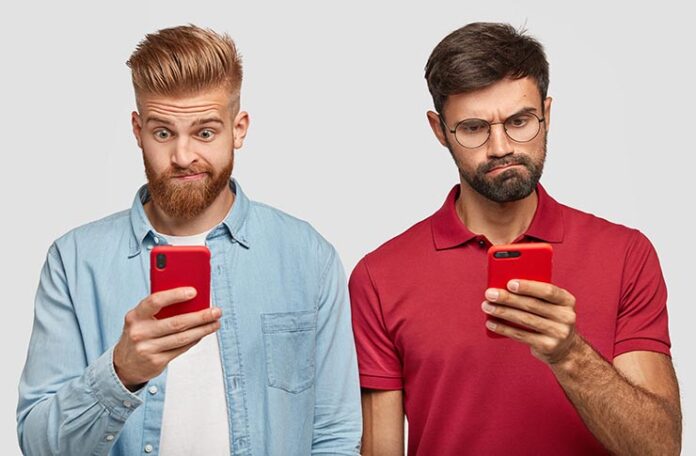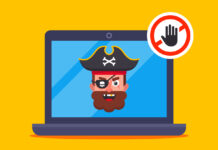
When you use a credit card or electronic payment account like PayPal to pay for a service that offers unauthorized or stolen content, you’re providing your financial information to a thief.
Additionally, downloading, streaming or torrenting pirated content can put your devices and your personal information at risk from malware. Malware can severely infect your computer and devices, causing damage that is expensive to repair or even destroying them.
Worse, many types of malware are designed to steal personal information from devices, allowing access to passwords. Your passwords are the keys to your personal accounts, such as banking and financial records, credentials such as social security numbers and your driver’s license, school records, medical records – essentially, everything you work hard to keep private.
Sites, apps and services that offer pirated content also don’t often provide parental controls, allowing children unrestricted access to inappropriate or harmful content.
Interested in learning more?
Find out about Four Ways to Protect Yourself from Pirated Content.




